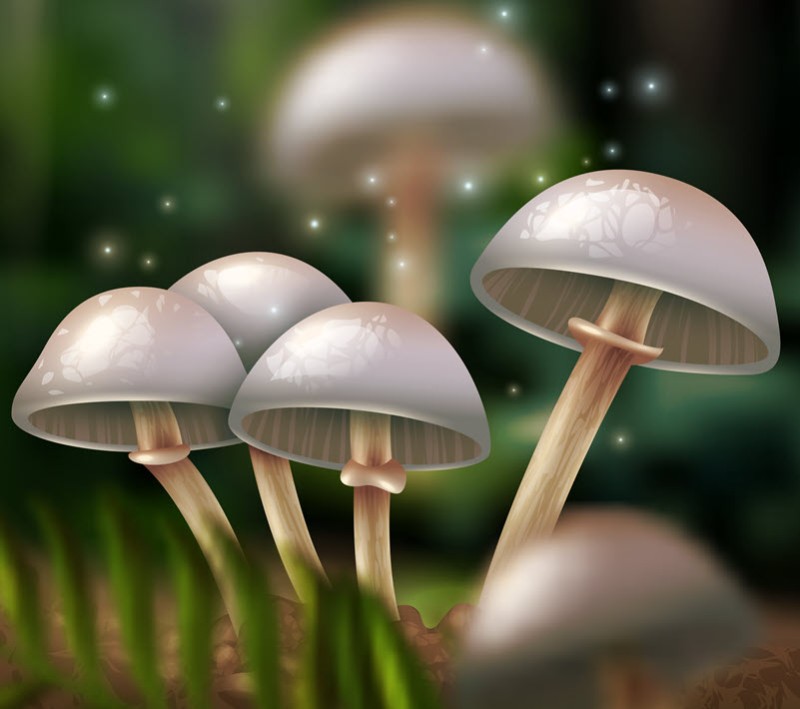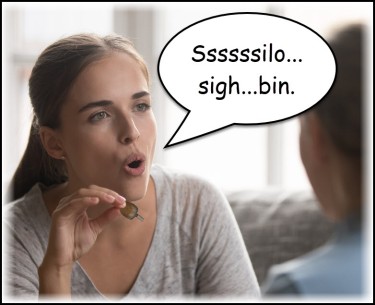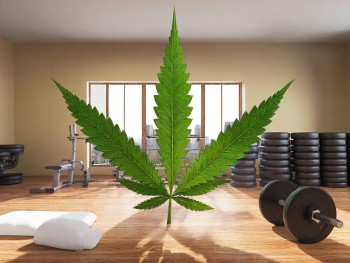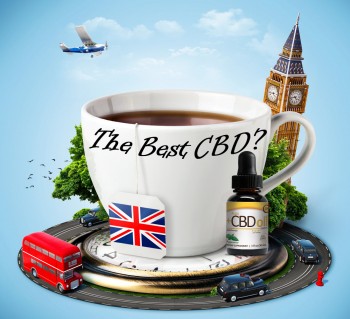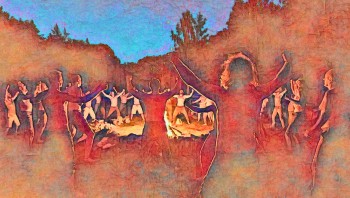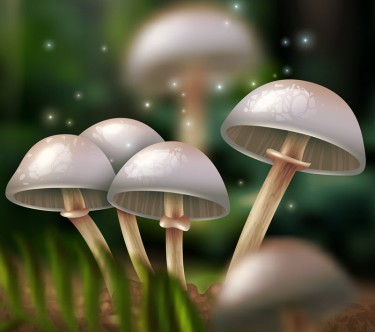
Over 17 million Americans struggle with depression.
Depression greatly affects quality of life and relationships. Even the most mundane tasks can be difficult to do, such as getting out of bed. There are various kinds of treatments available for depression including different types of therapy and antidepressants, which can often be used together especially for severe cases. Despite the medical breakthroughs for depression, there are still millions of people who resistant to treatment but despite this, new medications for depressions have not been developed in over 30 years since Prozac paved the way for SSRI drugs.
And the answer to curing it might be right under our feet: mushrooms
A study out of the Imperial College London’s Centre for Psychedelic Research found that psilocybin mushrooms were effective in helping to open up the brains of participants suffering from depression, even weeks after consumption. Almost 60 subjects joined in the trials, which yielded positive results. For the methodology, researchers assessed fMRI scans of individuals from the trials: in one study all of them were given psilocybin while for another, they used a randomized control trial for general depression that assessed the efficacy of psilocybin against escitalopram, a common SSRI medication used for treating depression.
Participants were then asked to report the effects by answering a clinical questionnaire. They were also asked to undergo talk therapy with a mental health professional, and brain scans were conducted before and after taking magic mushrooms. The researchers found that participants who responded positively to psilocybin therapy demonstrated improved brain connectivity as long as three weeks after treatment.
The brain of someone with depression is restricted, says the researchers. But the use of psilocybin has been found to be effective in helping the brain break out of these patterns, helping improve communication by segregating the brain regions responsible for this function. In addition, this area was also where traditional therapy has failed for these patients. “The effect seen with psilocybin is consistent across two studies, related to people getting better, and was not seen with a conventional antidepressant,” explains Professor Robin Carhart-Harris, senior author of the study. “In previous studies we had seen a similar effect in the brain when people were scanned whilst on a psychedelic, but here we’re seeing it weeks after treatment for depression, which suggests a ‘carry over’ of the acute drug action,” he adds.
The researchers are still working on follow-up data though the initial developments in brain activity after one day of treatment was already a good indicator to tell whether or not a patient would still exhibit improvements 6 months down the line. “We don’t yet know how long the changes in brain activity seen with psilocybin therapy last and we need to do more research to understand this. We do know that some people relapse, and it may be that after a while their brains revert to the rigid patterns of activity we see in depression,” added Professor Carhart-Harris.
However, the study’s authors warn that people suffering from depression shouldn’t try to self-medicate. The study was conducted with various safety mechanisms in place, and people who self-medicate may not have the same outcome without these in place.
“These findings are important because for the first time we find that psilocybin works differently from conventional antidepressants – making the brain more flexible and fluid, and less entrenched in the negative thinking patterns associated with depression. This supports our initial predictions and confirms psilocybin could be a real alternative approach to depression treatments,” adds Professor David Nutt, the Head of the Imperial Centre for Psychedelic Research.
“One exciting implication of our findings is that we have discovered a fundamental mechanism via which psychedelic therapy works not just for depression – but other mental illnesses, such as anorexia or addiction. We now need to test if this is the case, and if it is, then we have found something important,” adds Professor Carhart-Harris.
Magic Mushrooms: Revolutionary Breakthrough In Medicine
Millions of dollars are being poured into psilocybin research for depression and other mental illness all around the world. This is exciting to say the least, for both scientists and patients suffering from depression.
There are so many reasons why this brings tremendous hope for treatment most especially because psilocybin doesn’t cripple patients with the side effects of antidepressants. It’s also much more affordable compared to antidepressant drugs, and patients can enjoy significant, long-lasting relief with just small amounts. In fact, smaller amounts seems to work even better than in larger amounts. More studies are proving the efficacy behind taking as little as 0.1 to 0.3 grams of mushrooms, a practice done 3-5 times a week, yielding significant improvements in mental health.
In another recent study, 953 patients participated in a psilocybin microdosing trial for 30 days, conducted by Microdose.me and led by Dr. Zach Walsh and Joseph Rootman of the University of British Columbia Okanagan. Those who took small amounts of psilocybin exhibited improvements in mental health and mood over 1 month compared to those who didn’t. “This is the largest longitudinal study of this kind to date of microdosing psilocybin and one of the few studies to engage a control group,” explains Dr. Walsh. “Our findings of improved mood and reduced symptoms of depression, anxiety and stress add to the growing conversation about the therapeutic potential of microdosing,” he says.
“Despite the promising nature of these findings, there is a need for further research to more firmly establish the nature of the relationship between microdosing, mood and mental health, and the extent to which these effects are directly attributable to psilocybin rather than participant expectancies about the substance,” Dr. Walsh says.
